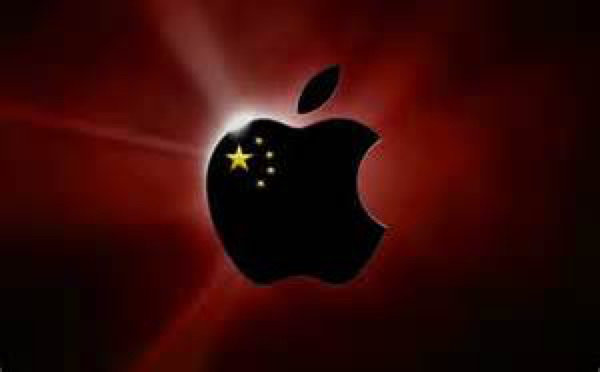Apple and TikTok skipped a Senate hearing on Big Tech and China — and some lawmakers are NOT happy about the absences, reports Business Insider.
On Tuesday, the Senate held a hearing on “How Corporations and Big Tech Leave Our Data Exposed to Criminals, China, and Other Bad Actors.” A Microsoft executive came to testify, but Apple and TikTok declined to send anyone.

The missing tech execs were given the “empty seat treatment,” according to Politico reporter Cristiano Lima, with their names prominently displayed on the vacant table and chair reserved for them. Senator Josh Hawley has been one of the biggest critics of TikTok and of Big Tech in general, and he tweeted his disapproval at the companies that skipped the hearing, saying: “I’ve invited @Apple and @tiktok_us to testify on Tuesday about their business in & with China and the risks to American consumers. So far, they are both refusing. Something to hide?”
Apple is facing increasing criticism for kowtowing to China in order to increase sales in the country. Last month Apple pulled, then reinstated the HKmap Lie app in the China Apple App Store. People’s Daily, China’s official state news publication, has called Apple’s reinstating of the HKmap Live app an “unwise and reckless decision.” The tech giant recently reinstated the HKmap Live app, which uses crowdsourcing to track police vehicles, armed officers and incidents in which people have been injured. Apple claims it’s simply following local laws.
Also, Apple’s Fraudulent Website Warning feature in Safari for iOS and Mac has come under scrutiny for sending some IP addresses from users of its Safari browser on iOS to Chinese conglomerate Tencent – a company with close ties to the Chinese Communist Party.
What’s more, appeased China by hiding the Taiwan flag emoji on iOS devices that have the China region set. China won’t accept trade agreements with anyone who recognizes Taiwan as an independent nation.Short video app TikTok, which has been download over one billion times, in particular has been scrutinized for allegedly censoring content that could anger the Chinese government.
